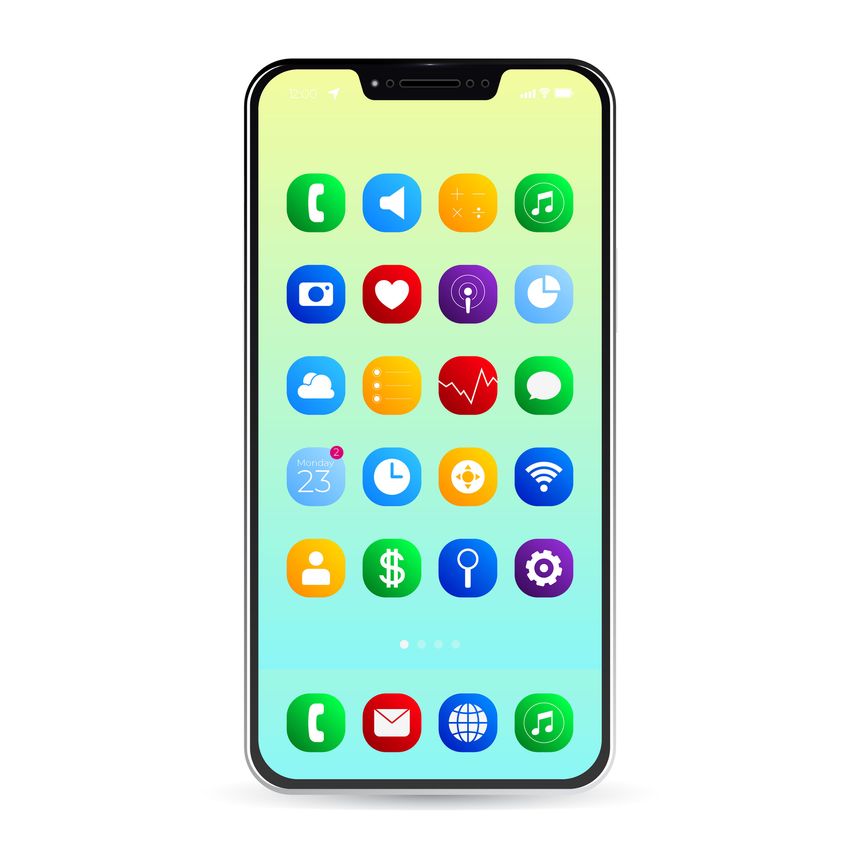App icons are important tools for attracting potential users in busy, often competitive app stores. What happens when a competitor uses a similar app icon for a similar functioning app? What if the words contained in the app icon merely describe what the app does? These issues were explored in PlanetArt Inc v Photobox LLC which concerned two apps called ‘Free Prints’ for use in printing photos from mobile phones and tablets.
PlanetArt launched its FreePrints service in 2014 with this app icon:

The app has been very successful – in the UK approximately 11m+ downloads, £33m annual turnover and £5.5 marketing budget. In April 2019 PlanetArt applied for a UK trade mark for its app icon above (No 3393165) and this was granted in August 2019. In September 2019 the company applied for word marks incorporating the word 'FreePrints' which were also registered: FreePrints Photobooks (No 3426210), FreePrints Cards (No 3426219) and FreePrints Photo Tiles (No 3426224)
In April 2019 Photobox released a competing app which used these icons:



The Photobox app provides a similar service to the PlanetArt FreePrints app and in a similar way, although the precise details of how many prints are provided for free and the charges differ somewhat.
In subsequent proceedings, judge Daniel Alexander QC found that Photobox's first and second icons had infringed PlanetArt’s registered trade mark, but the third one did not. The judge also found that there was no passing off.
Creating app icons
The judge provided some helpful guidelines (at [133]) for tech businesses:
- the words under the app icon are more likely to be taken to be the brand for the app than a description of it.
- it is important to consider all elements of branding design: words, images and the position and colouring of each.
- there is a large choice of designs of icon with significant differences even within the constraints of a square logo format, with or without rounded corners
- it is reasonable to expect an app provider to take reasonable steps to ensure that its icon design is sufficiently different from that of others to make it relatively easy to distinguish from them, especially where they are competing in the same market for the same customers for provision of similar services.
Use of house mark in app icons
The judge stated (at [69]) there are two effects of Photobox prominently using its own house brand:
- it signals to the consumer that Photobox is the origin of the goods.
- it has the effect of 'descriptivising' the term 'Free Prints' which has both a primary (descriptive) and secondary (origin-denoting) connotation. That is, it pushes the understanding of the term 'Free Prints' back to its primary descriptive meaning and 'unbrands' the term 'Free Prints' which has become distinctive of PlanetArt when used alone.
Although Photobox’s third app icon with its house mark (which "combine the turquoise and white colour scheme with prominent use of stylized 'Free Prints'") was not actionable in the judge’s view (at [214]), "it did constitute what might be described as an antisocial non-distancing of the Defendants' identity from that of the Claimants".
Lessons from this case
If you are an app provider like PlanetArt, you should
- avoid descriptive names for your app
if a descriptive name cannot be avoided, you should
- combine the descriptive app name with other design elements such as pictures, colours and stylisation to distinguish you from others
- apply for trade mark protection for the descriptive app name and combined logo
If you are an app competitor like Photobox, you should
- use your house mark with any descriptive app name
- avoid using brand design elements of the app provider, especially colour scheme.



/Passle/5badda5844de890788b571ce/SearchServiceImages/2026-02-13-15-42-31-096-698f466793629fb6669ad654.jpg)
/Passle/5badda5844de890788b571ce/SearchServiceImages/2026-02-13-08-33-03-708-698ee1bfaf5bf7dc43be7326.jpg)
/Passle/5badda5844de890788b571ce/SearchServiceImages/2026-02-05-13-55-08-021-6984a13cdb300c6e5a2287f0.jpg)
/Passle/5badda5844de890788b571ce/SearchServiceImages/2026-02-05-15-51-50-076-6984bc96420a490d88046455.jpg)